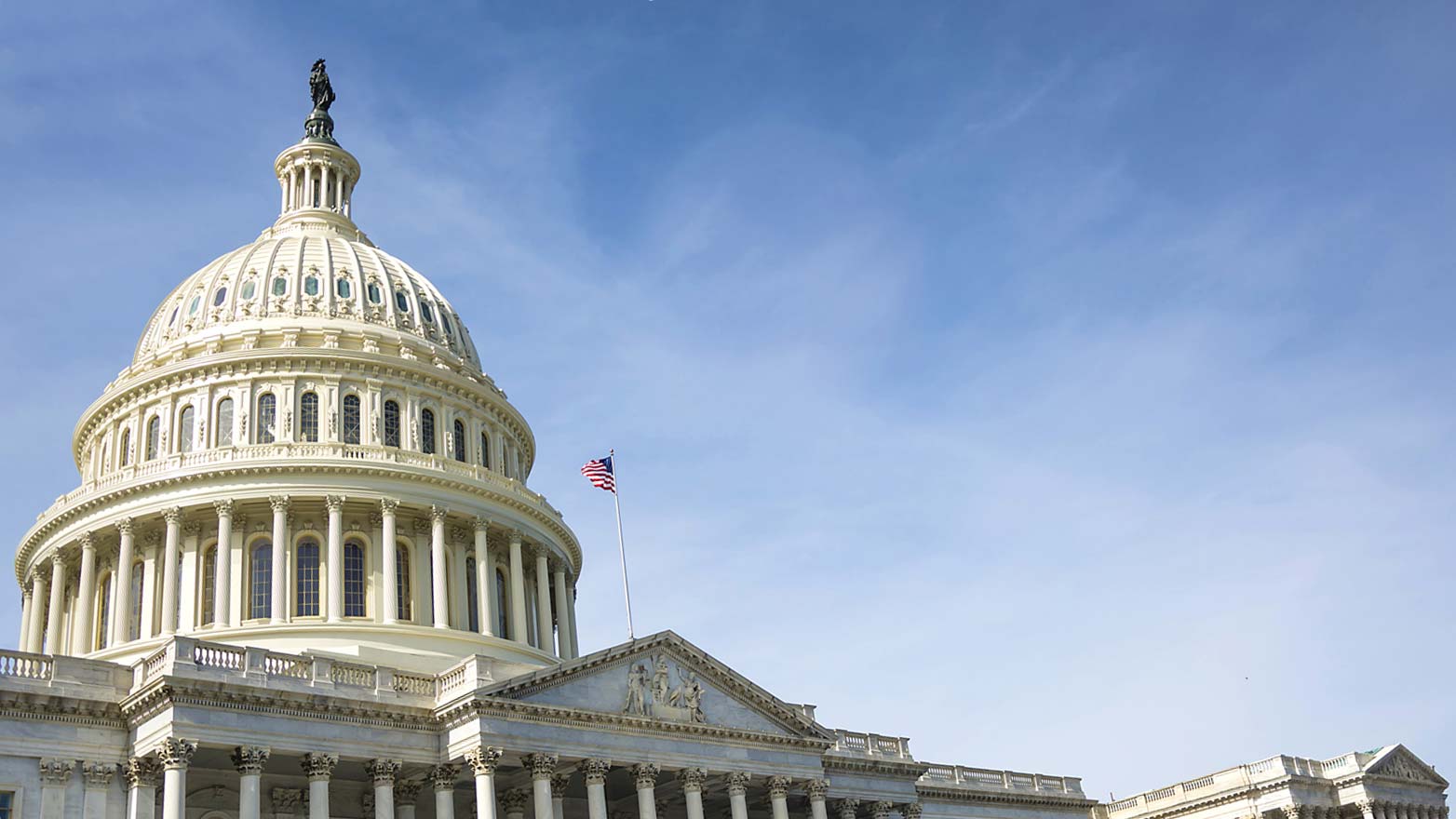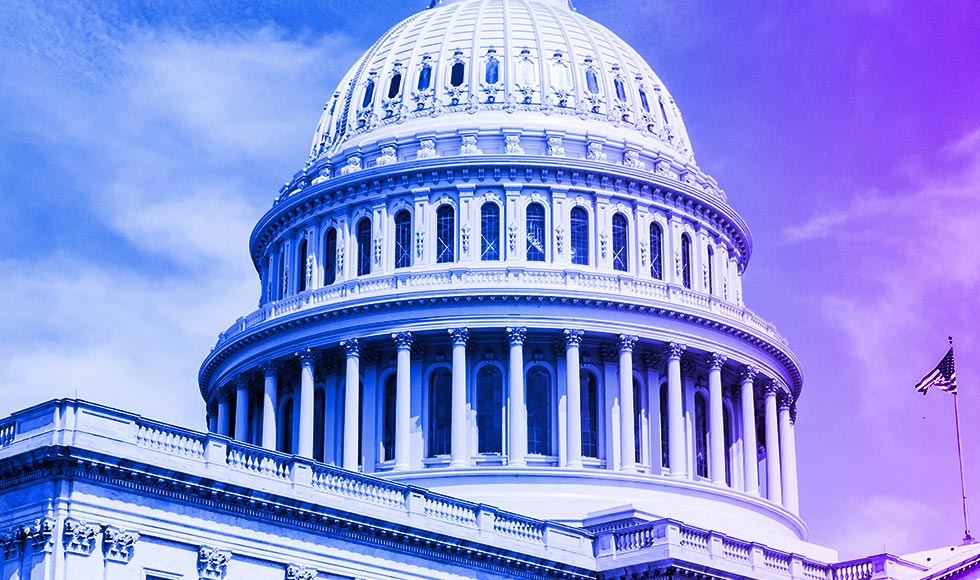KPMG Insights. The regulatory focus on depository practices, including overdrafts, fees, account holds and freezes, and complaints management is rapidly changing as greater emphasis is being placed on consumer protections and fairness. All financial services companies under CFPB supervision should anticipate increased potential for investigative letters, supervisory examinations, and enforcement actions related to overdraft and NSF fees as a result of its pilot “supervisory effort.” Consumer complaints will likely factor into the supervisory focus toward certain policies and/or practices as well as to individual entities. Though CFPB states the information gathered through the pilot exercise will not be made public, it does intend to share the information with other regulators. Financial services companies have a current opportunity to distinguish themselves by proactively re-evaluating their overdraft business models as well as working to increase banking access for their most vulnerable customers. Notably, many large banks have recently changed or eliminated their overdraft policies.
Share
Dive into our thinking:
Supervisory focus on overdraft practices
Downlaod PDFGet the latest from KPMG Regulatory Insights
KPMG Regulatory Insights is the thought leader hub for timely insight on risk and regulatory developments.
Explore more

Points of View
Insights and analyses of emerging regulatory issues and their impact.

Regulatory Alerts
Quick hitting summaries of specific regulatory developments and their impact.

Washington Report 360
A weekly newsletter covering legislative and regulatory developments affecting financial services firms—in 360 words or less.
Meet our team

Amy S. Matsuo
Principal, U.S. Regulatory Insights & Compliance Transformation Lead, KPMG LLP

Todd Semanco
Partner, Advisory, FS Regulatory & Compliance Risk, KPMG US

Chad Polen
Partner, Advisory, FS Risk, Regulatory & Compl, KPMG US

